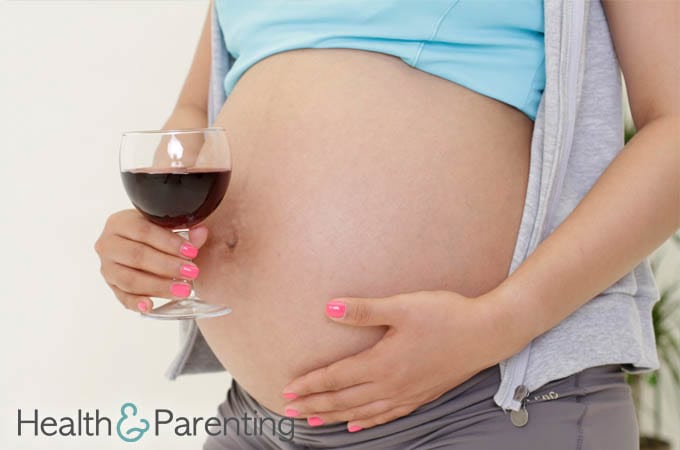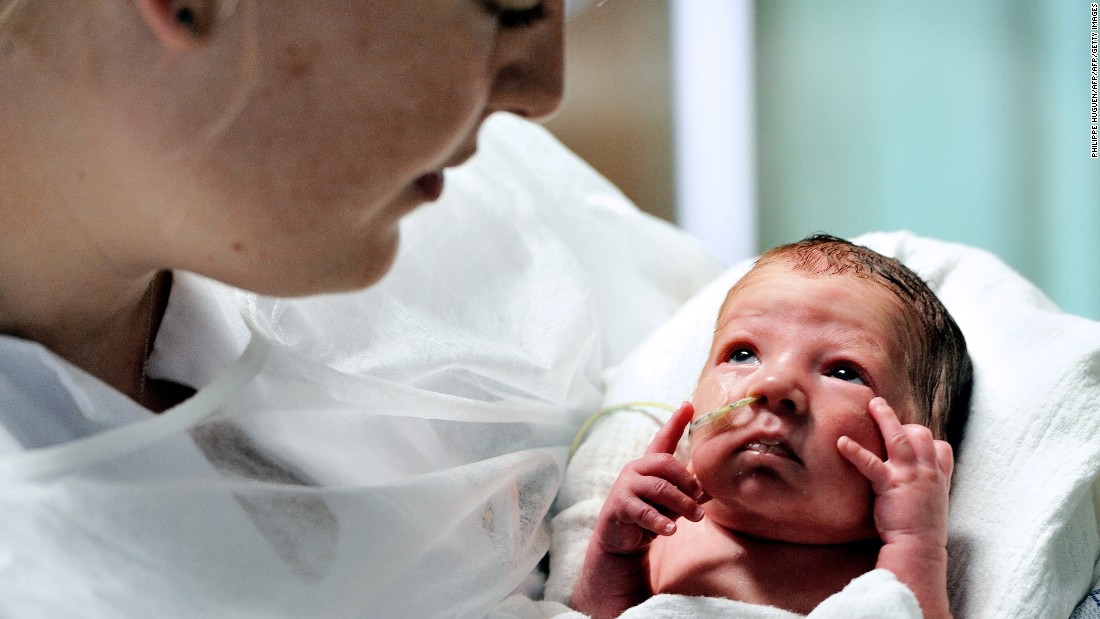
This involved grouping pregnant women based on their genetic predisposition to drink - that is, whether they carried a gene variant that's associated with reduced alcohol consumption as consequence of faster alcohol metabolism. Instead of grouping women based on how much they reported drinking during pregnancy, in a 2013 study, the researchers used a technique known Mendelian randomization. They built several interesting studies by following pregnant women recruited for a massive research program in the Bristol area that involves 14,000 families. To get around the flaws in earlier studies, a group of researchers at Bristol University in the UK wanted to try a different approach. Newer research has found possible problems with light drinking during pregnancy

So it's possible these socioeconomic factors are the reason for any variation in children's outcomes, not the alcohol itself. And even the best studies can't completely control for that difference. In many countries (including the US), the women who drink moderately while pregnant tend to be better educated and wealthier than those who don't - factors that would influence their offspring's intelligence and health. These observational studies have found that children whose mothers drank lightly (say, a glass a week or less) during pregnancy often do better than the children of abstainers.īut there's a problem here. That means many of the studies we're left with are observational: Scientists look at women who already drink a little or a lot during pregnancy and women who don't - and then compare the health of their children, measuring IQ at the age of 8, or behavior problems, or levels of employment later in life.
#Is wine safe while pregnant trial
For obvious reasons, no research body would grant ethical approval to run a randomized controlled trial in which some pregnant women are told to drink alcohol in order to see what happens to their babies. One thing that makes this question tricky is that it can be incredibly difficult to study. The key question: Can even a small amount of alcohol during pregnancy be harmful? This is still an area of scientific uncertainty, so let's wade through the evidence. Since Oster's book was published, newer evidence has emerged that has complicated this narrative - and suggests that even light drinking during pregnancy could have unexpected adverse impacts. Oster's book, which was published in 2013, has been widely touted by those criticizing the CDC.īut that's actually not the end of the story.

More specifically, she wrote, there's little good science to suggest that up to one to two drinks per week during the first trimester, and up to one drink a day during the second and third trimesters, harms babies. Emily Oster's widely read book Expecting Better concludes there's little evidence that light drinking causes harm. But does light or moderate drinking in the early stages of pregnancy actually carry any negative effects? The medical community hasn't been able to agree on a safe level of alcohol in pregnancy, which is why many public health agencies have taken a zero-risk approach telling women to abstain. Everyone agrees that heavy drinking during pregnancy can be harmful.

One question that hasn't gotten nearly as much scrutiny, however, is how solid the science behind the CDC's advice is. ( Aaron Carroll does a great job of summing them up.) And, indeed, there were many things wrong with the CDC's crude messaging. "It’s the kind of swath-yourself-in-bubble-wrap thinking that has turned modern pregnancy into a nine-month slog of joyless paranoia," Ruth Graham wrote in Slate. C ritics called the advice puritanical, paternalistic, and overly cautious. "The risk is real," Anne Schuchat, principal deputy director of the CDC, said in a statement.

The logic here, apparently, is that these women might get pregnant, and any amount of alcohol could damage the fetus. This week, the Centers for Disease Control and Prevention came out with a new campaign advising all sexually active women of childbearing age who aren't using contraception to avoid alcohol.


 0 kommentar(er)
0 kommentar(er)
